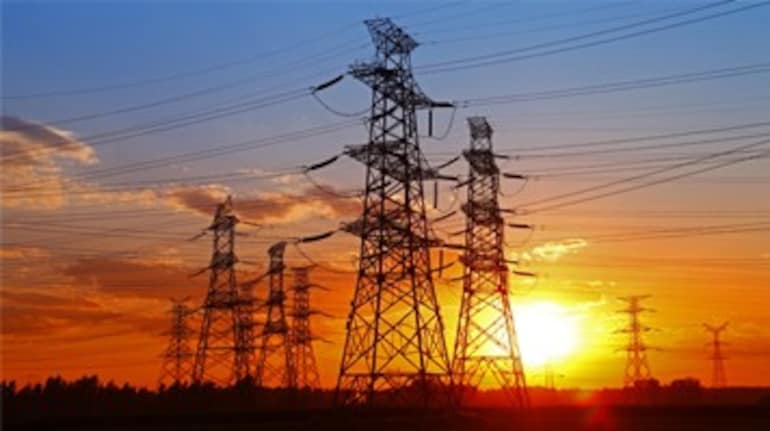



The fall in Indian power producers' consumption of costly imported coal is a key credit positive for the power sector and independent power producers (IPPs), says Moody's Investors Service.However, the power sector faces persistent challenges, including uneven gas supplies, cost over-runs at some generating plants, and limited off-take demand for their electricity from financially weak distribution utilities, says Abhishek Tyagi, a Moody's Vice President and Senior Analyst. "Some independent power producers (IPPs) are also locked into power purchase agreements (PPAs) that have become unviable because they do not allow rising fuel costs to be passed through," says Tyagi. "All of these factors will continue to weigh on the sector's credit profile." Tyagi was speaking on the release of a new Moody's report on Indian electricity utilities: "Higher domestic coal output positive for Indian power producers, but challenges remain". Coal India Limited, which accounts for 80 percent of domestic coal output, raised its production by 7 percent in the financial year ending March 31 2015 (FY2015), and by a further 9.4 percent in the first five months of the current financial year. Output rose after the government initiated a process of auctions and allotments for coal mines. "The increase, if sustained, will be a key positive for IPPs, as it will reduce their dependence on costlier imported coal and improve their financial profiles," says Tyagi. The report says that, assuming a compound annual growth rate (CAGR) of 7 percent in domestic output, the power generators' dependence on imports would to fall to 8 percent by FY2020 from 25 percent currently, reversing the sharp rise in the sector's dependence on imports between 2011 and 2015. However, if domestic output grows at a more moderate 4 percent between FY2016 and FY2020, and if the ramp-up in production from the allocated mines is delayed by one year, the decline in import dependence will likely stall to 18 percent by FY2020. With the power sector's other challenges, Moody's says that the financial weakness of the state-owned distribution utilities has constrained their ability to enter into long-term PPAs with the generators. This scarcity of long-term PPAs has in turn undermined the IPPs' ability to secure binding fuel supply agreements for cheap domestic coal, as generators backed by long-term PPAs are given preferential access to such supply arrangements. In this context, Moody's says that improving the financial profile will require consistent tariff revisions and reductions in distribution leakages. In addition, the IPPs themselves also face other headwinds which include PPAs that have become unviable due to rising fuel costs, uneven gas supplies, and average cost over-runs of 35 percent for many generating plants under construction. However, Moody's says that the Reserve Bank of India's (RBI) decision to allow IPPs to extend their loan maturities, while helpful, will not offer a lasting solution to enhancing their credit profile. The central bank in in 2014 allowed IPPs to refinance their existing loans over longer periods, thereby providing some early-stage cash-flow relief for those projects that are locked into unviable PPAs. However, the long-term viability of these PPAs can only be ensured through tariff compensation. As an indication of the scale of the issue, Moody's notes that for a sample of leading eight IPPs with a combined 39GW of installed power generation capacity, their total debt/tangible net worth has increased from 1.5 times in FY2011 to 2.8 times in FY2015. At the same time, their operating EBITDA/interest coverage has declined sharply from 4.6 times to 1.5 times.
Discover the latest Business News, Sensex, and Nifty updates. Obtain Personal Finance insights, tax queries, and expert opinions on Moneycontrol or download the Moneycontrol App to stay updated!
Find the best of Al News in one place, specially curated for you every weekend.
Stay on top of the latest tech trends and biggest startup news.